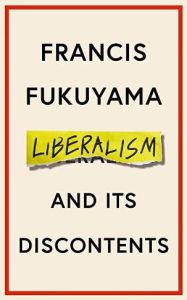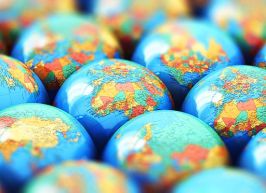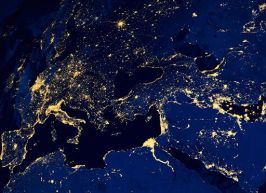Melden Sie sich bei getAbstract an, um die Zusammenfassung zu erhalten.

Melden Sie sich bei getAbstract an, um die Zusammenfassung zu erhalten.
Francis Fukuyama
Liberalism and Its Discontents
Profile Books, 2022
Was ist drin?
Noted political scientist Francis Fukuyama writes that a fine system is approaching its breaking point.
Recommendation
The political doctrine of liberalism has achieved much over the decades, and yet the system is being picked apart by those who prey on its weaknesses, argues political scientist Francis Fukuyama. He defines liberalism – noted for its elevation of individual rights and checks on government power – as the basis of Western democracy. But humanity may have taken a good thing too far, Fukuyama writes, and he believes that both the left and the right are responsible for today’s global pushback against liberalism. Students of geopolitics will find this erudite study a useful framework for understanding current world events.
Summary
About the Author
Francis Fukuyama is a senior fellow at the Freeman Spogli Institute for International Studies at Stanford University. His previous books include The End of History and the Last Man and Identity: The Demand for Dignity and the Politics of Resentment.

























Comment on this summary